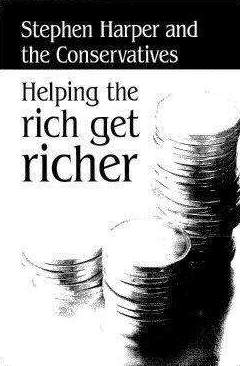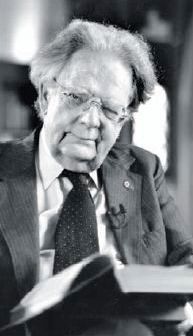httpv://www.youtube.com/watch?v=SmYVl4sgYr4
An excerpt from the BBC documentary, Sea of Faith, which contrasts Marx and Kierkegaard
Two birthdays today: Soren Kierkegaard (1813-1855) and Karl Marx (1818-1883). (Bob Denham’s recent article on Frye and Kierkegaard can be found in the journal here.)
Despite their fundamental ideological differences, Kierkegaard and Marx share a common mythological root, which Frye describes in A Study of English Romanticism:
[F]or a more conservatively pessimistic Romantic, such as Schopenhauer, it is easier to think of the structure of civilization, or the state of experience, as on top of a subhuman and submoral “world as will,” an ark or bateau ivre carrying the cargo of human values and tossing on a stormy and threatening sea. This figure becomes the prevailing one later in the nineteenth century, both for the revolutionary optimists, with Marx at their head, who see the traditional privileges of a ruling class threatened with destruction from below, and for more sombre thinkers — Schopenhauer himself, Freud, Kiekegaard — all of whom think of the values of intelligence and imagination as above, but very precariously above, a dark, menacing and subhuman power — Schopenhauer’s world as will, Freud’s id, Kierkegaard’s dread. For al of these, the boat and sea image is an appropriate one, and this structure in particular shows us how the Romantic mythological schema, unlike its predecessor, enables poets and philosophers to express a man-centred revolutionary, or counter-revolutionary, attitude to society. (CW 17, 113-14)
Continue reading →

